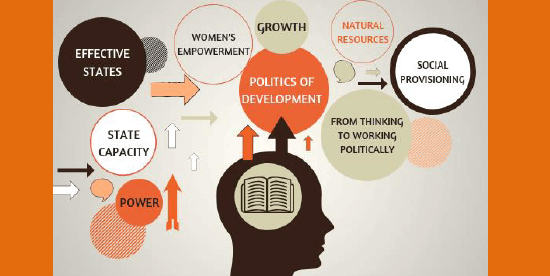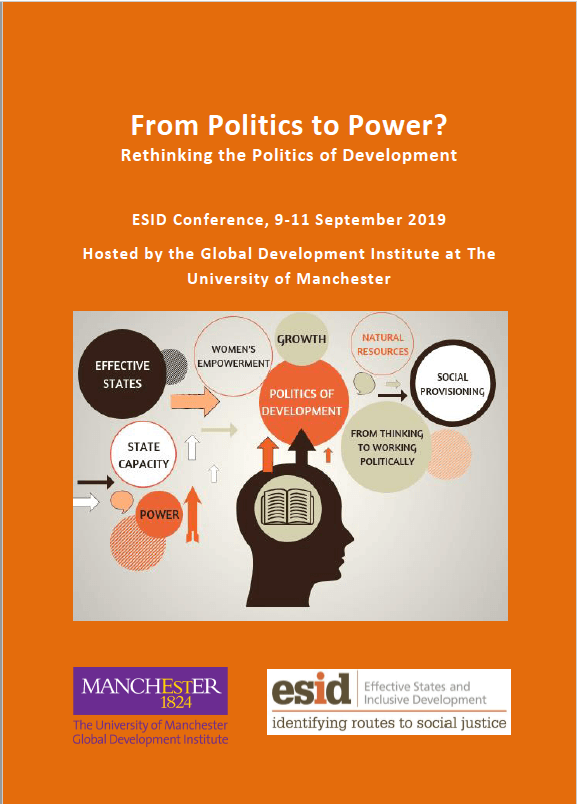What is the state for? Contestations around the definition of ‘good governance’ in post-apartheid South Africa – Tracy Ledger
This paper will present findings from ethnographic work undertaken in various locations in the public sector in South Africa over the past five years. Much of this work had as its goal the detailed investigation of institutional failure, particularly in local government. One recurring theme throughout our research was the clear contestation between orthodox (neo-liberal) perceptions of ‘good governance’ held by entities such as the National Treasury, the Auditor-General and foreign donors, and the perceptions of people who worked and lived in these municipalities. These different perceptions resulted in divergent conceptualisations of critical governance issues, such as corruption, and reflected clear differences in ideas about the role of the state in post-apartheid socio-economic transformation. We believe that these differences ” rather than lack of technical capacity ” lie at the heart of much of the resistance that good governance regulation has faced in local government in South Africa.
This paper explores in detail the nature of these divergent perceptions, linking these to the ways in which the pre-1994 characteristics of the state closely limit how transformation is popularly imagined post-1994. It raises questions around what the state is ‘for’ in a country that purports to have a deep commitment to transformation, and how orthodox views of good governance might be amended to be more reflective of citizen perceptions of the role of the state.



